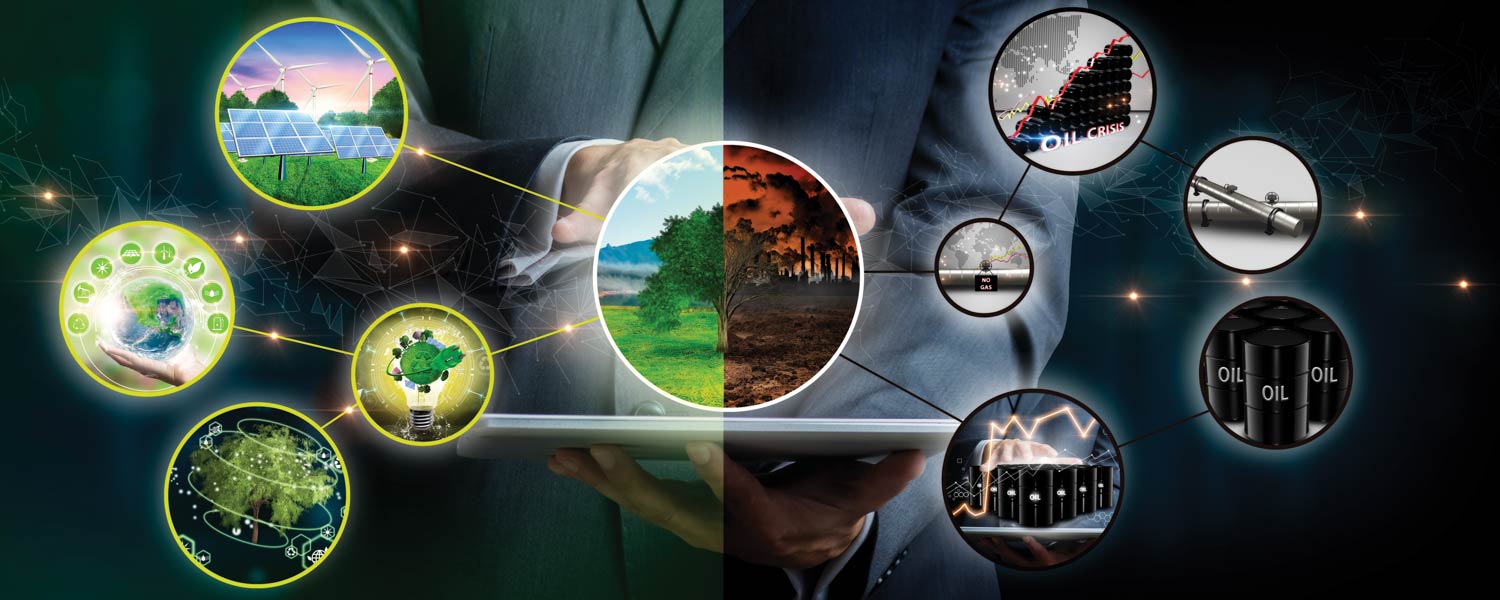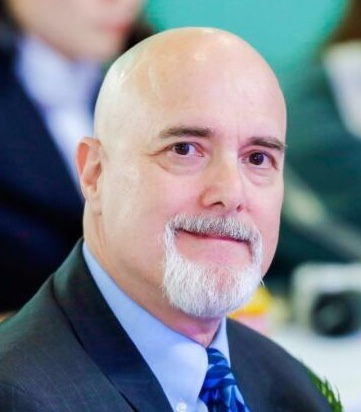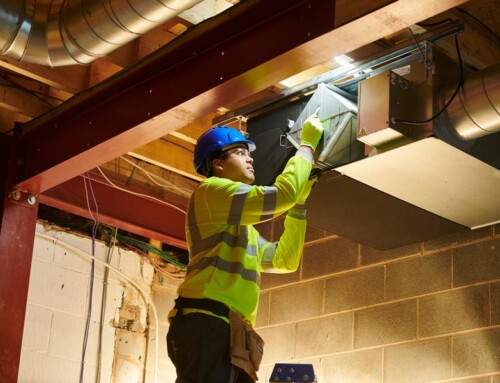Understanding Climate Risk Reporting and Transparency

As climate-related disruptions—from hurricanes and wildfires to heatwaves and supply chain breakdowns—become more frequent, the need to understand and communicate business risks is growing. In the cleaning industry, climate risk reporting and sustainability disclosures are no longer optional—they’re quickly becoming expected by major customers.
This is not about politics. It’s about business continuity, risk management, and meeting the evolving expectations of customers, regulators, and stakeholders. For cleaning companies—especially those serving property managers, retailers, schools, healthcare systems, and manufacturers—transparency is now a business necessity.
A shift toward transparency in the supply chain
Large organizations—including building owners, retailers, government agencies, and public institutions—are under growing pressure to assess and report environmental and social risks in their supply chains. In turn, they are requiring data from cleaning industry vendors, including building service contractors, product distributors, and chemical and equipment suppliers.
This shift is about transparency and standardization, not environmental performance. Reporting requirements do not set environmental targets or mandate specific outcomes. Instead, they help customers compare vendors using consistent, credible data to support more informed, resilient decisions.
Transparency isn’t just a regulatory box to check—it’s a pillar of a functioning capitalist system. For markets to work properly, companies must tell the truth about their risks, including those related to climate. Informed decision-making by customers, investors, and insurers depends on the accuracy of the information provided. Without visibility into potential disruptions, markets misallocate resources and organizations make poor decisions. Truthful disclosure protects both business and market stability.
Mandatory reporting is increasing
More than just a voluntary trend, sustainability reporting is becoming a legal requirement in a growing number of jurisdictions. While the U.S. federal government is retreating from such requirements, states like California, New York, Illinois, Washington, and Colorado, along with several major cities, have introduced or passed laws requiring companies to disclose greenhouse gas emissions and climate-related financial risks.
California’s Senate bills 253 and 261 (SB 253 and SB 261), for example, require companies doing business in the state to report on emissions and climate-related financial risks—including supply chain data.
These laws include penalties for noncompliance, such as fines or loss of eligibility for public contracts.
Even companies not directly regulated may be required to submit data in order to support their customers’ compliance. Failing to provide this information may result in lost contracts or exclusion from preferred vendor lists.
Why customers care about climate risk
For buyers of cleaning services and products, climate-related risks affect critical operations. Delays in supplies or disruptions in service during extreme weather can impact occupant health, safety, and regulatory compliance. For example:
A distributor in a hurricane-prone region may offer low prices, but the risk of delayed shipments—especially for essentials like toilet paper, disinfectants, or personal protective equipment (PPE)—can outweigh the savings.
A janitorial provider without a continuity plan may fail to provide service during wildfires, snowstorms, or floods—putting hospitals, schools, or commercial buildings at risk.
A paper towel manufacturer dependent on drought-
affected areas may face raw material delays, disrupting downstream customers.
Buyers increasingly want partners who understand these risks and are prepared to manage them.
Why the cleaning industry is under scrutiny
The cleaning industry is mature and competitive, offering customers many options. As a result, climate risk and environmental, social, and governance (ESG) reporting are now standard in RFPs (requests for proposal), vendor questionnaires, and supplier onboarding. Even companies not legally required to report are increasingly being asked to support larger customers’ reporting efforts.
Providing basic information—such as facility locations, risk exposure, energy use, or emergency plans—can help companies stay visible and competitive in the eyes of major clients.
More than compliance: A business opportunity
One often-overlooked benefit of climate risk assessments is the identification of operational improvements. Cleaning companies frequently uncover cost-saving opportunities by analyzing energy usage, fleet fuel consumption, and facility efficiency. These improvements can reduce utility bills, lower maintenance costs, and increase resilience.
Support from ISSA
To help members address these challenges, ISSA has launched its Sustainability Reporting Platform, providing tools tailored to the cleaning industry for disclosing environmental impacts and climate risks. The platform is complemented by sustainability training programs and the work of the ISSA Sustainability Committee—bringing together over 200 members from 17 countries. More information is available at issa.com/sustainability.
This isn’t about being the greenest company. It’s about being honest, dependable, and prepared. And in today’s environment, that’s what helps cleaning businesses win—and keep—contracts.
Stephen P. Ashkin is president of The Ashkin Group, a consulting firm specializing in green cleaning and sustainability. He co-chairs ISSA’s Sustainability Committee and can be reached at [email protected].

Screenshot
Sidebar
BONUS VIDEO CONTENT: issa.com/risk-reporting

















